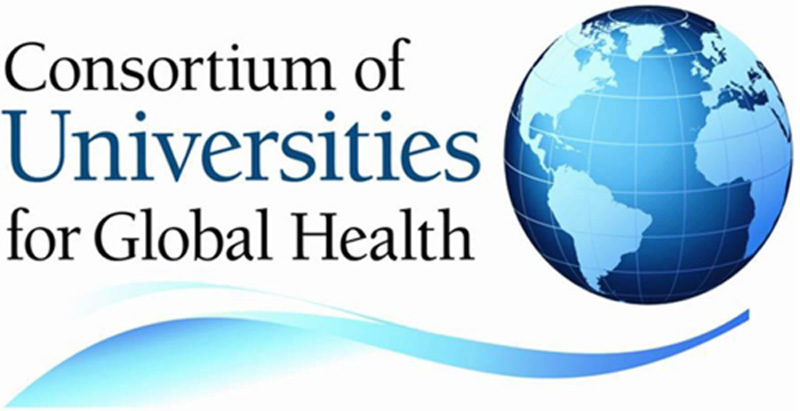December 18, 2018
Enabling high quality health professions education is key to ensuring high quality healthcare globally. Educational partnerships between high and low resource settings have been one way to try to advance this goal. The Toronto Addis Ababa Academic Collaboration (TAAAC), an educational partnership between the University of Toronto (UofT) and Addis Ababa University (AAU) is one such partnership. The TAAAC model was designed to help address an urgent need for increased university faculty to teach in the massive expansion of universities in Ethiopia. As TAAAC has developed and expanded, faculty at both institutions have recognized the need to have clarity about the assumptions that underpin this shared work in order to address implicit issues of curriculum ownership, decision-making, control, expertise and funding.
Speakers:
Brian Hodges, MD, PhD, FRCPC
Scientist, The Wilson Centre
Professor, Department of Psychiatry, University of Toronto
Executive Vice President, University Health Network
Brian D. Hodges, MD, PhD, FRCPC is Professor in the Faculty of Medicine and at the Ontario Institute for Studies in Education at the University of Toronto; the Richard and Elizabeth Currie Chair in Health Professions Education Research at the Wilson Centre and Executive-Vice President Education and Chief Medical Officer at the University Health Network (Toronto General, Toronto Western, Princess Margaret, Toronto Rehab Hospitals and the Michener Institute). He is a practicing psychiatrist and teacher. His research focuses on assessment, competence, compassion and the future of the health profession. His work has been recognized with the Association of American Medical Colleges Flexner Award (2015) and the Karolinska Institutet Prize for Research in Medical Education (2016).
Clare Pain, MD, FRCPC, D. Sc (Hons)
Associate Professor, Psychotherapies, Humanities and Educational Scholarship, University of Toronto
Clare Pain is an Associate Professor at the Department of Psychiatry, University of Toronto, Director of the Psychological Trauma Program at Mount Sinai Hospital, Toronto. In 2003 she became the co-project director of the Toronto Addis Ababa Psychiatry Project (TAAPP) through which the Department of Psychiatry at UofT assists build capacity and sustainability in the first residency program in Ethiopia. In 2008 due to the success of TAAAC, Addis Ababa University negotiated with UofT through Sarita Verma then Graduate Program Director, an extension of this program known as the Toronto-Addis Ababa Academic Collaboration (TAAAC).
Clare Pain’s clinical focus is on the assessment and treatment of patients who continue to suffer from the effects of psychological trauma, including refugees whom she works with at the Canadian Centre for Victims of Torture. She has lectured and taught on various aspects of psychological trauma including trans-cultural aspects; and increasingly on global mental health. She has published a number of articles including two books: “Trauma and the Body: a Sensorimotor Approach to Psychotherapy” with Pat Ogden and Kekuni Minton Norton 2006 and “The Impact of Early Life Trauma on Health and Disease: The Hidden Epidemic” an edited book with Eric Vermetten and Ruth Lanius, Cambridge University Press 2010.
Moderator
Keith Martin, MD, PC
Executive Director
Consortium of Universities for Global Health
Dr. Martin is a physician who, since Sept. 2012, has served as the founding Executive Director of the Consortium of Universities for Global Health (CUGH) based in Washington, DC. The Consortium is a rapidly growing organization of over 130 academic institutions from around the world. It harnesses the capabilities of these institutions across research, education, advocacy and service to address global challenges. It is particularly focused on improving health outcomes for the global poor and strengthening academic global health programs.
